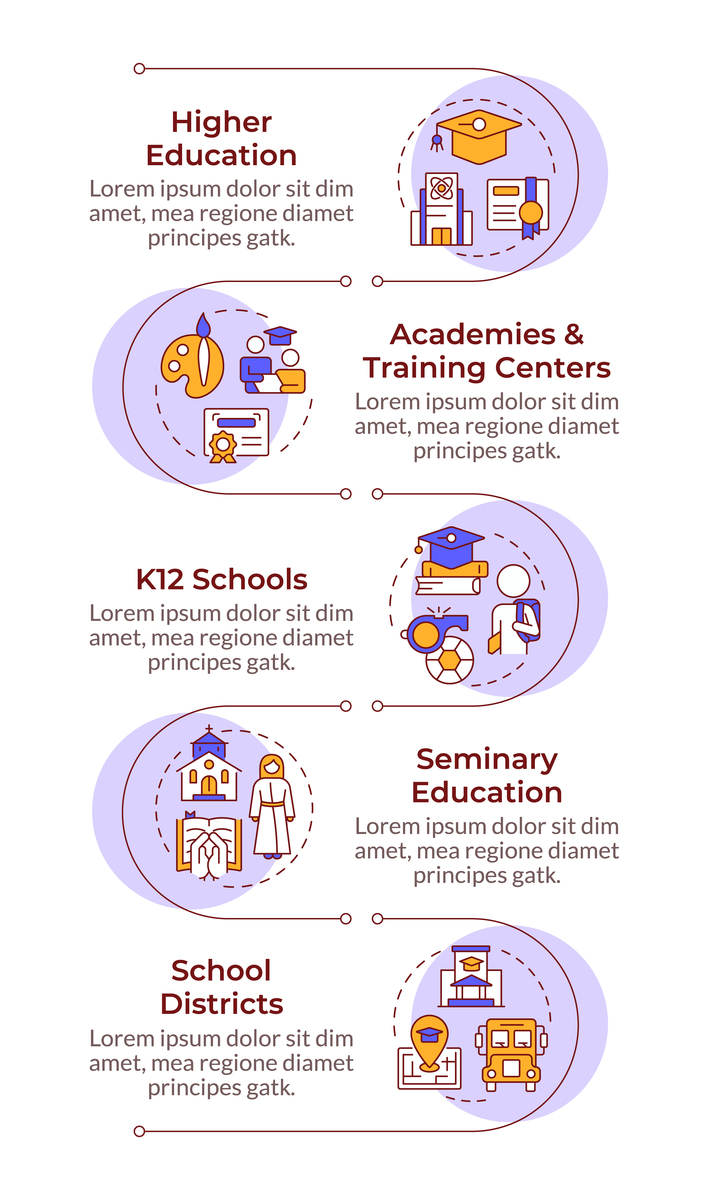帕金森能彻底治愈么 英文一千字 带标题
Is Parkinson's Disease Curable? Exploring the Possibilities
Parkinson's disease is a chronic and progressive neurological condition that affects millions of people worldwide. It is caused by the degeneration of dopamine-producing neurons in the brain, leading to a variety of motor and non-motor symptoms such as tremors, stiffness, slow movements, and cognitive impairment. While there are medications and therapies available to manage the symptoms of Parkinson's, many patients and their loved ones wonder if there is a cure for this debilitating disease. In this article, we will explore the possibilities and limitations of curing Parkinson's disease.
The Search for a Cure
Over the years, researchers have made significant progress in understanding the underlying mechanisms of Parkinson's disease and developing new treatments. However, a definitive cure for Parkinson's remains elusive. The main reason for this is that Parkinson's is a complex and multifactorial disease that involves a combination of genetic, environmental, and lifestyle factors. There is no one-size-fits-all solution for treating Parkinson's, and a holistic approach that considers each patient's unique needs is essential.
Pharmacological Approaches
Pharmacological approaches to treating Parkinson's disease aim to increase the levels of dopamine in the brain or mimic the effects of dopamine. Levodopa, a precursor of dopamine, is the most effective medication for treating Parkinson's symptoms. However, it does not slow down or stop the progression of the disease. Other drugs, such as dopamine agonists, MAO-B inhibitors, and COMT inhibitors, can also alleviate symptoms and delay the need for levodopa. However, these drugs have limited efficacy and can cause side effects such as nausea, hallucinations, and dyskinesia.
Neurosurgical Approaches
Neurosurgical approaches to treating Parkinson's disease involve implanting electrodes in the brain to stimulate specific regions that control movement. Deep brain stimulation (DBS) is the most common neurosurgical procedure for Parkinson's patients. It can improve motor symptoms, reduce medication side effects, and enhance quality of life. However, DBS is not a cure for Parkinson's disease, and it does not prevent the progression of the disease. Moreover, it is an invasive procedure that carries risks such as bleeding, infection, and device failure.
Regenerative Approaches
Regenerative medicine is a promising field that aims to replace or repair damaged tissues and organs using stem cells, gene therapy, and other advanced techniques. In the case of Parkinson's disease, regenerative approaches seek to restore the lost dopamine-producing neurons in the brain. Several preclinical and clinical studies have shown promising results in animal models and early-stage human trials. However, a safe and effective regenerative therapy for Parkinson's disease is still years away from being widely available.
Lifestyle Approaches
Lifestyle approaches to managing Parkinson's disease include exercise, nutrition, sleep, and stress management. Regular physical activity can improve motor function, balance, and mood in Parkinson's patients. A balanced diet rich in fruits, vegetables, whole grains, and lean protein can provide the nutrients and antioxidants necessary for optimal brain health. Sufficient sleep and stress reduction techniques such as meditation and yoga can also improve overall well-being. While lifestyle approaches cannot cure Parkinson's disease, they can enhance the effectiveness of other treatments and improve quality of life.
Conclusion
In conclusion, Parkinson's disease is a complex and multifactorial condition that currently has no cure. However, there are various treatments available that can alleviate symptoms and improve quality of life. The most effective approach to treating Parkinson's disease is a holistic one that considers each patient's unique situation and needs. While there may not be a cure for Parkinson's disease yet, ongoing research and advancements in medicine and technology offer hope for the future.

原文地址: https://www.cveoy.top/t/topic/bX0O 著作权归作者所有。请勿转载和采集!